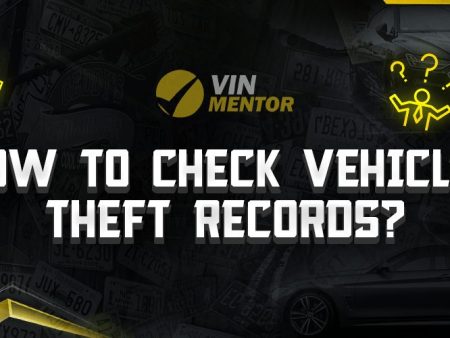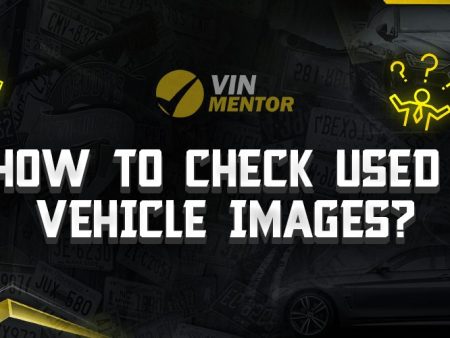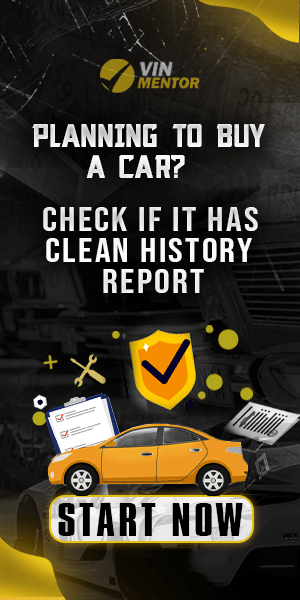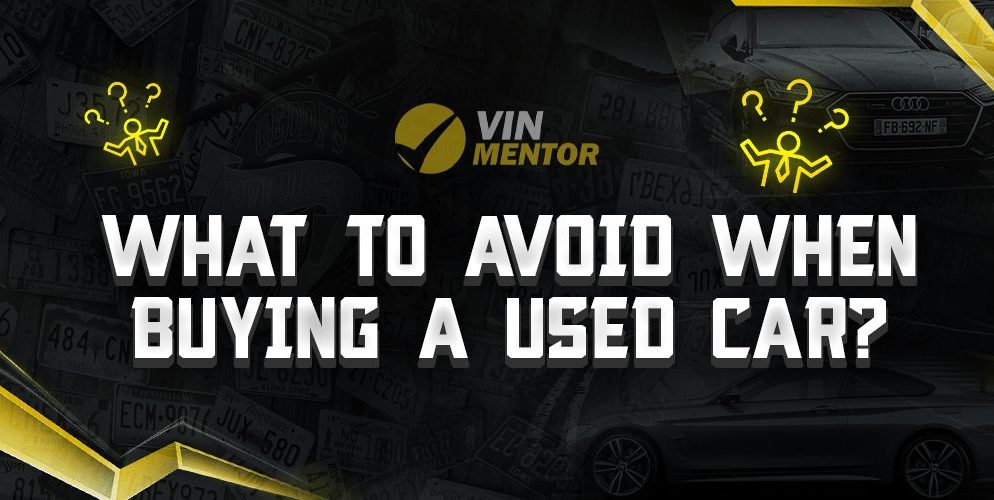
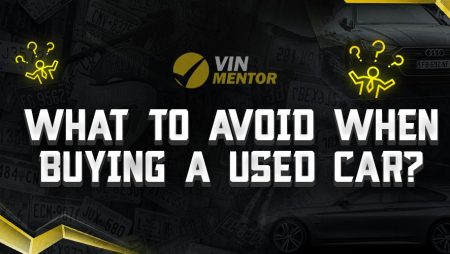
Buying a used car can be an excellent way to save money on your vehicle purchase, but it’s not without risks. If you’re not careful, you could end up with a lemon that will cost you more in repairs than you ever saved on the purchase price. To avoid these pitfalls, it’s important to know what to look for and what to avoid when buying a used car. In this article, we’ll explore some key things to keep in mind during the used car buying process so that you can make a smart and informed purchase.
Key Takeaways
- Do your research before buying a used car.
- Don’t buy a car without inspecting it thoroughly.
- Avoid buying a car with a shady history.
- Don’t rush into a purchase without considering all your options.
- Avoid buying a car that’s been in a major accident.
What are the things to steer clear of when purchasing a used car?
We will discuss the top things to steer clear of when purchasing a used car, including doing your research, thoroughly inspecting the car, avoiding cars with shady histories, not rushing into a purchase, and avoiding cars that have been in significant accidents. By keeping these factors in mind, you can make an informed decision and find a used car that meets your needs and budget.
Do your research before buying a used car
One of the most important things to keep in mind when buying a used car is to do your research. Take the time to research different models and makes of cars, and find out what their typical issues are. Look for reviews from other people who have owned the same car and see what problems they had. Also, look up the vehicle history report for any car you’re considering buying to see if it has been in any accidents or has any other issues that you should be aware of.
Don’t buy a car without inspecting it thoroughly
Another mistake that people often make when buying a used car is not inspecting it thoroughly. Before you buy any used car, it’s essential to take it for a test drive and inspect it closely for any signs of damage or wear and tear. Look at the tires, brakes, suspension, and engine to ensure that everything is in good working order. Don’t be afraid to ask the seller questions about the car’s history and any repairs that have been made to it.
Avoid buying a car with a shady history
When buying a used car, it’s important to be aware of any potential issues with the car’s history. For example, if the car has been in an accident or has had major repairs, it may not be worth the price you’re paying for it. It’s also important to be wary of cars that have a salvage title, as this can indicate that the car was in a severe accident and may not be safe to drive. Always check the vehicle history report to see if there are any red flags before you buy.
Don’t rush into a purchase without considering all your options
Another mistake that people often make when buying a used car is rushing into a purchase without considering all their options. Don’t feel pressured to buy the first car you see or the one that seems like the best deal. Take the time to shop around and compare different cars and prices to ensure that you’re getting the best possible deal. It’s also a good idea to consider the long-term costs of owning a car, such as maintenance and repairs, when making your decision.
Avoid buying a car that’s been in a major accident
Finally, one of the most critical things to avoid when buying a used car is purchasing a car that has been in a significant accident. Even if the car has been repaired, it may not be safe to drive or may have other hidden issues that can cause problems down the line.
The best way to determine if a car has been in an accident is by checking its Vehicle Identification Number (VIN). This unique 17-digit code provides information about the car’s history, including any accidents, repairs, and maintenance. By obtaining the VIN and running a vehicle history report, you can get a detailed overview of the car’s past and make an informed decision about whether or not to purchase it.
However, it’s essential to note that a clean vehicle history report doesn’t necessarily mean that the car has not been in an accident. In some cases, car owners may choose not to report minor accidents, which could result in a misleading report. To ensure that the car has not been in a major accident, it’s also crucial to have it inspected by a mechanic before buying. A qualified mechanic can examine the car’s structure, frame, and suspension to determine if it has been in a significant accident and to ensure that it is in good condition and safe to drive.
Conclusion
Buying a used car can be an excellent way to save money, but it’s not without risks. To avoid buying a lemon, it’s important to do your research, inspect the car thoroughly, be aware of any potential issues with the car’s history, consider all your options, and avoid cars that have been in major accidents. By checking the VIN and running a vehicle history report, you can get a better understanding of the car’s past that you are interested in. To check this, you can use our list of recommended VIN Check Websites. So, by keeping these key things in mind, you can make an informed and smart purchase that will save you money and give you a reliable car to drive for years to come. With a little effort and diligence, you can find the perfect used car that meets your needs and fits your budget.
FAQ
What should I look for in a vehicle history report?
When reviewing a vehicle history report, you should look for any instances of accidents, repairs, or maintenance, as well as the number of previous owners, mileage, and title status. This information can help you determine the car’s condition and value.
How can I tell if a car has been in a major accident?
To determine if a car has been in a significant accident, you should check its Vehicle Identification Number (VIN) and obtain a vehicle history report. You can also have the car inspected by a mechanic, who can look for signs of structural damage or other issues.
Is it better to buy a used car from a dealer or a private seller?
Both options have their pros and cons. Buying from a dealer may provide more peace of mind with warranties and financing options, but private sellers may offer lower prices. Regardless of who you buy from, it’s important to do your research and inspect the car thoroughly before making a purchase.
How can I negotiate the price of a used car?
Before negotiating the price of a used car, do your research to determine its fair market value. Use this information to make an offer that is reasonable and based on the car’s condition and history. Be willing to walk away if the seller is unwilling to negotiate or the price is too high.
Are there any additional costs associated with buying a used car?
Yes, there may be additional costs such as taxes, registration fees, and insurance. Additionally, you may need to budget for maintenance and repairs, especially if you buy an older car. It’s important to factor in these costs when considering your overall budget for a used car purchase.

